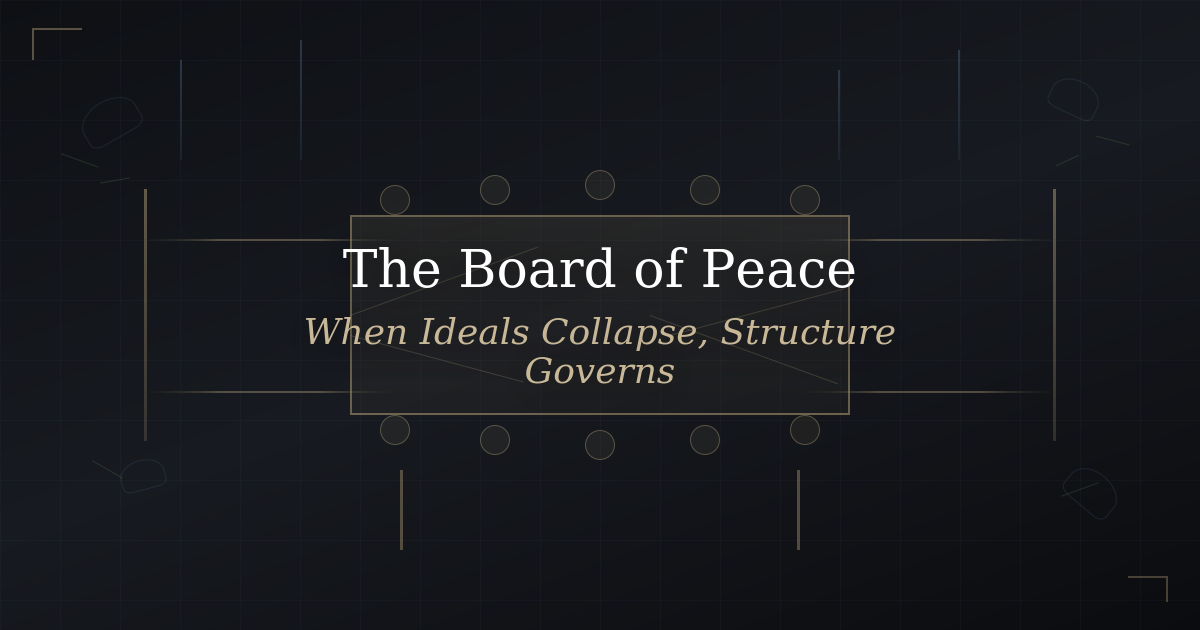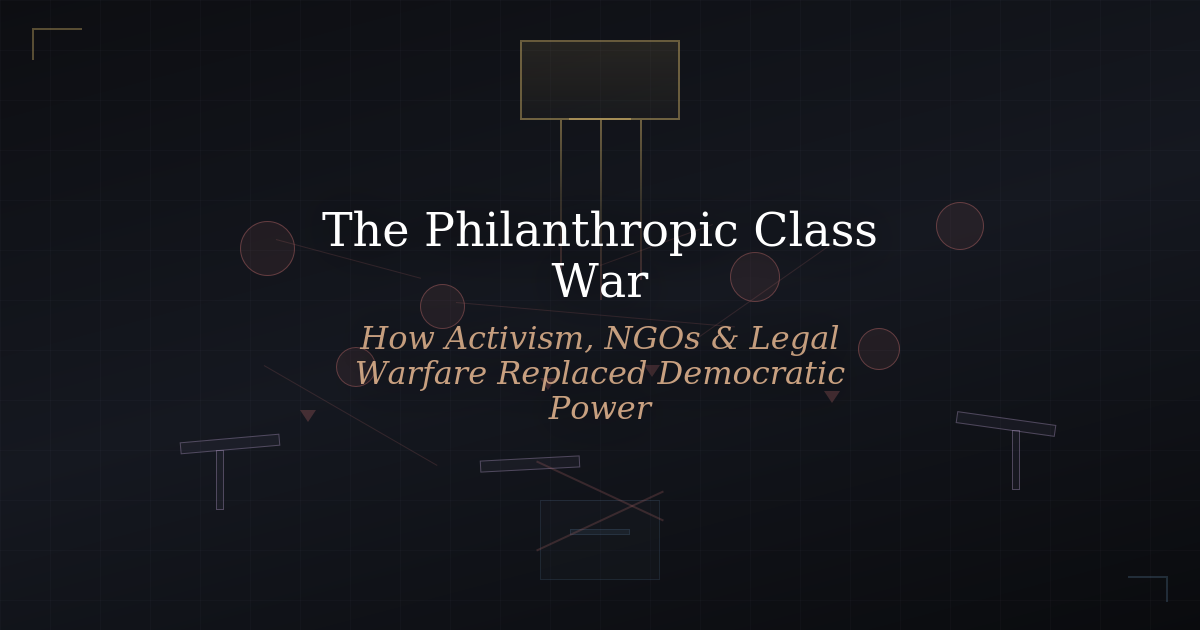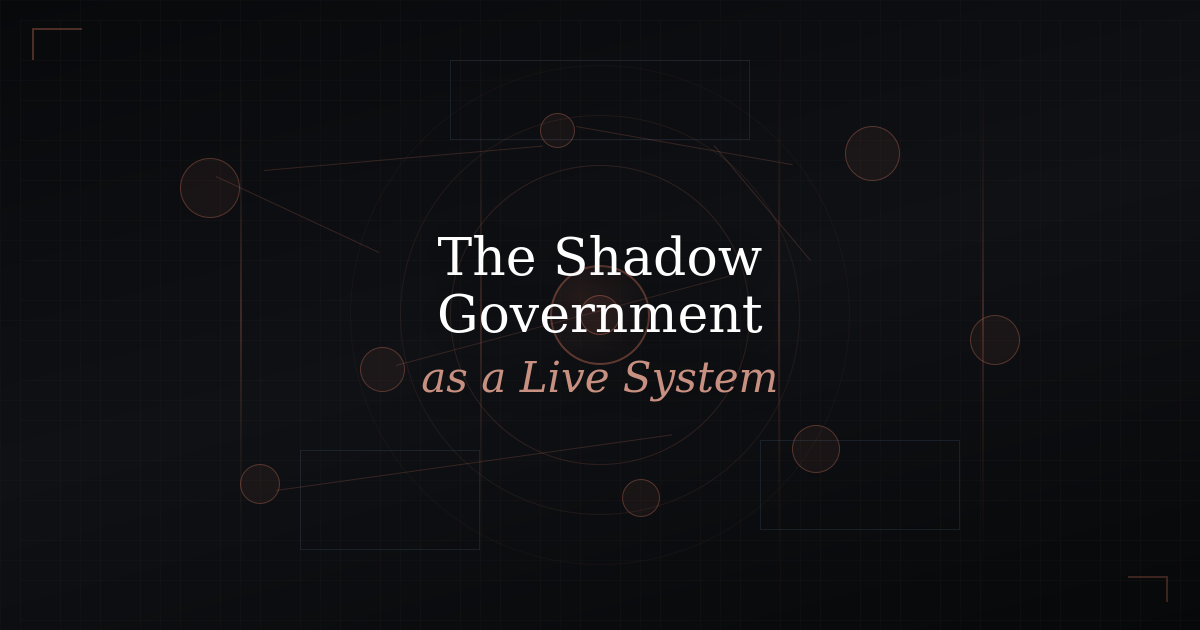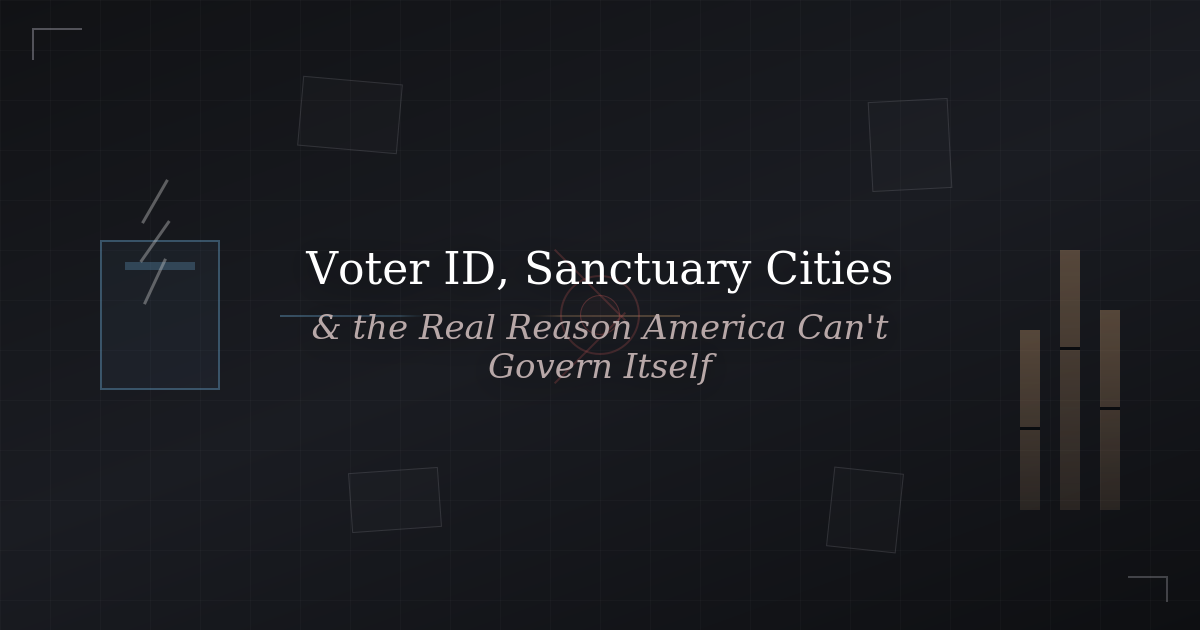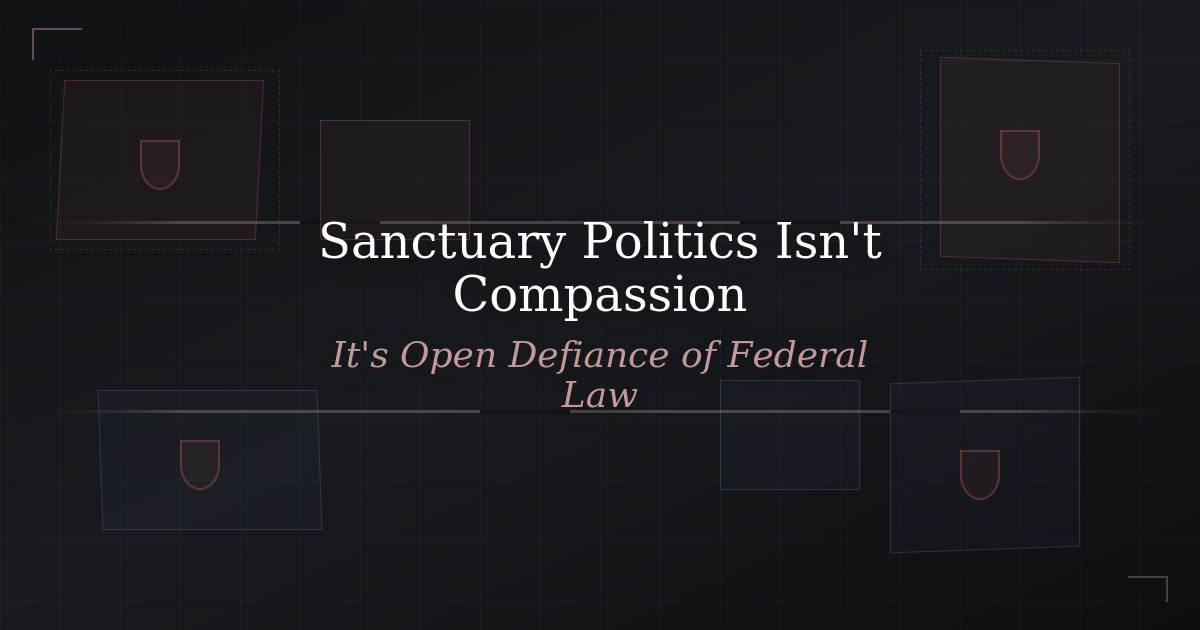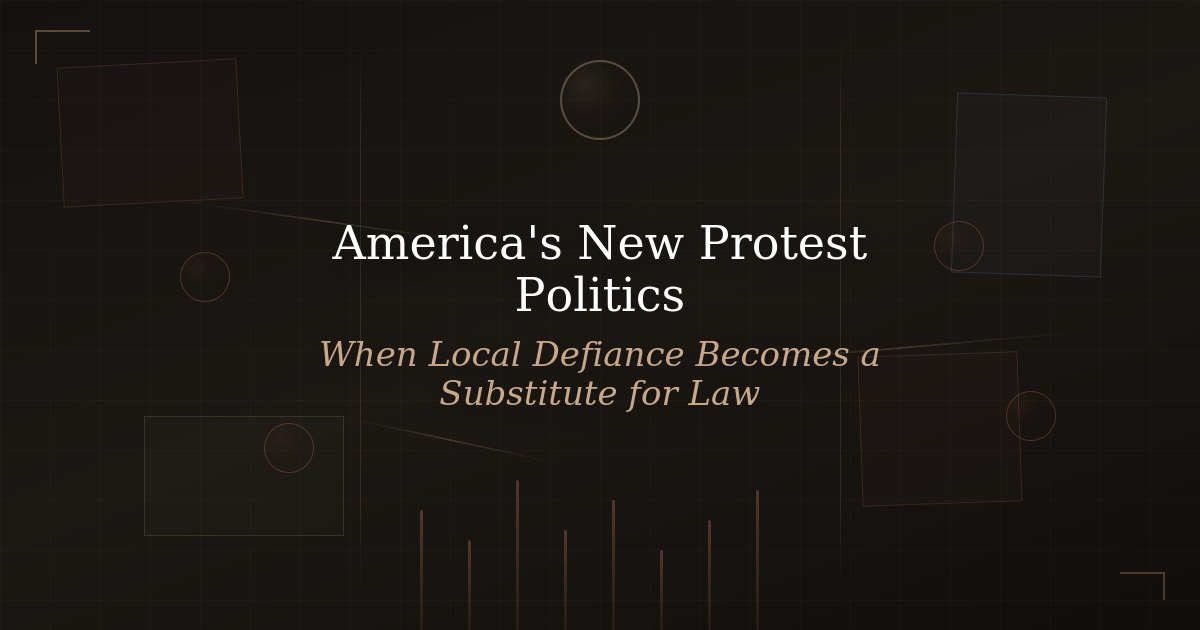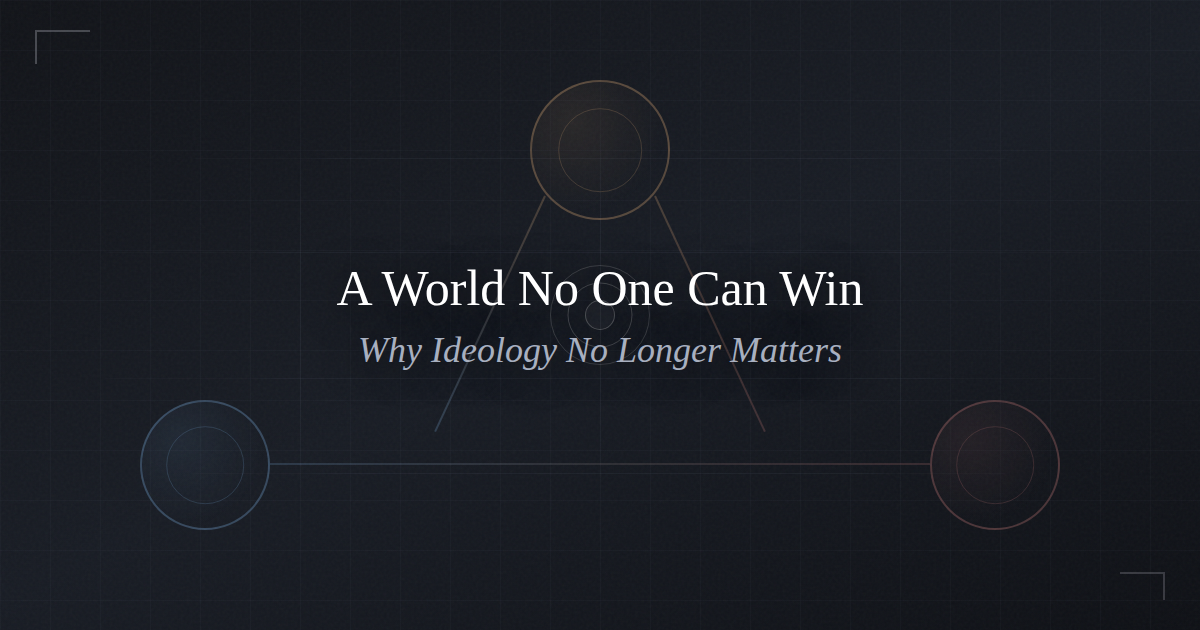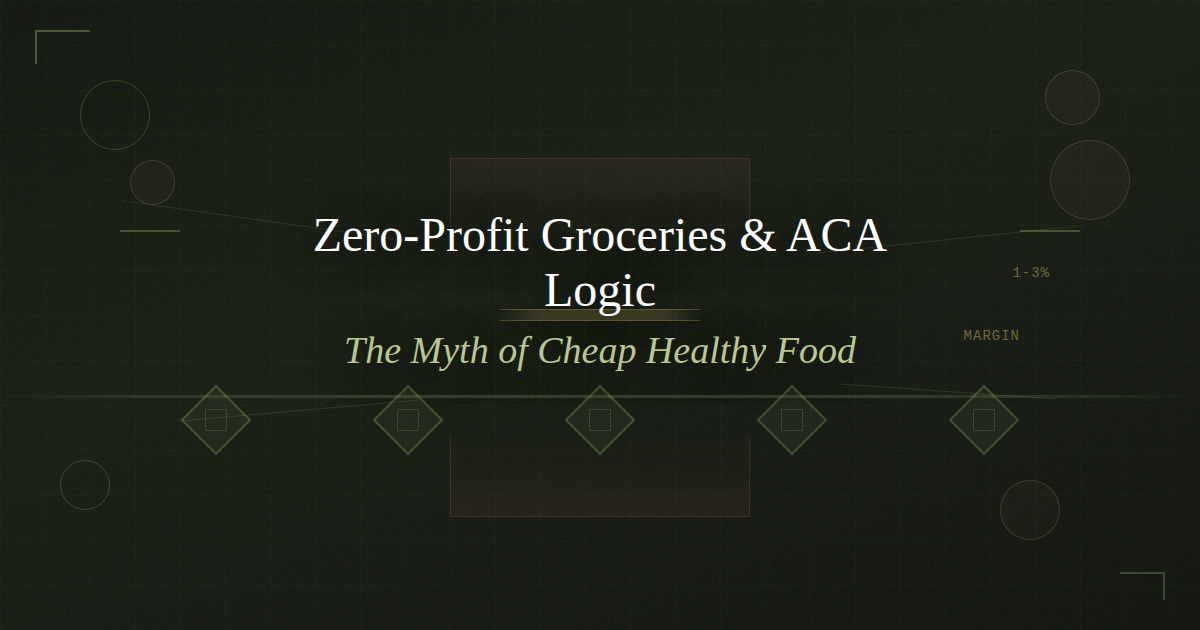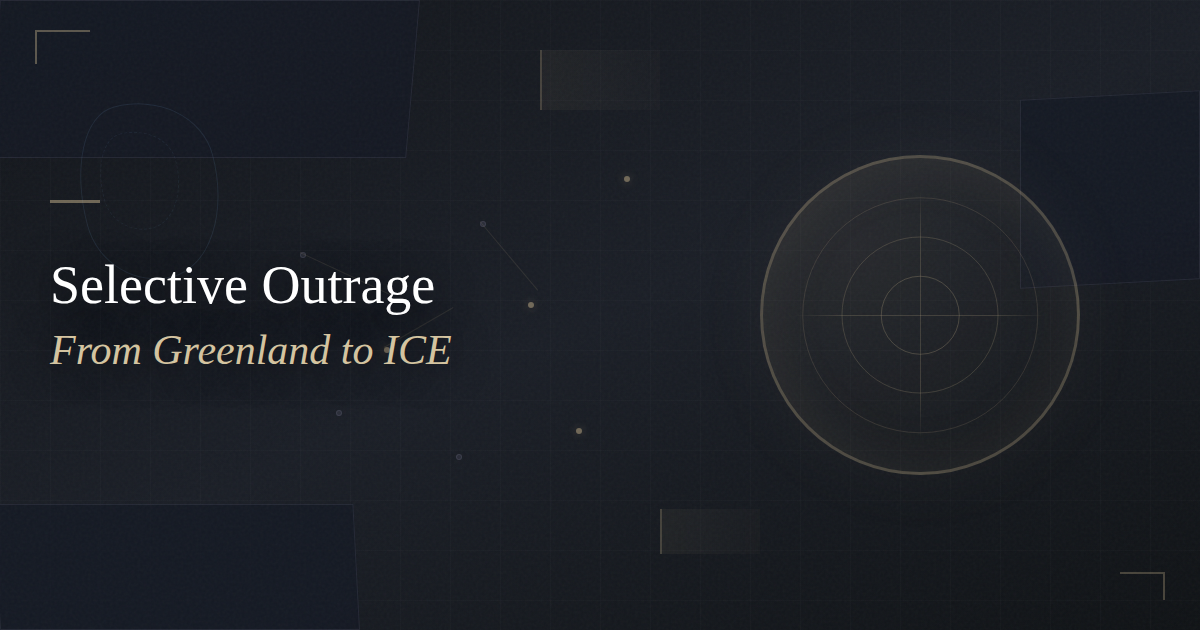China, Taiwan, and the Future of Global Power
What is China’s game? On one side, we see a purge inside the military leadership, but also a readiness to invade Taiwan by 2027—though the military is ready now. Imagine China goes into Taiwan while Russia and Ukraine escalate. China would likely use 25% of its military strength for Taiwan; the rest would back Russia. There is no way China will allow Western influence in Russia.
Hopefully, tariffs are the only war that lasts that long—and we can avoid shedding blood.
Beijing has a long and winding relationship with Moscow, and Chinese President Xi Jinping declared a "no limits" partnership with Russian President Vladimir Putin just days before Russia invaded Ukraine on February 24, 2022.
So, hopefully the tariff war and open trade negotiations conclude before they become a real war. That requires a strong EU–US alliance because China is threatening the core of Germany’s industry , building its manufacturing base in former Warsaw Pact countries. China has long been a major manufacturing hub, especially in low-cost regions once aligned with the Warsaw Pact. Perhaps this is yet another shield for Russia. And most importantly, may people come to their senses before AI takes over. At least AI doesn’t poison the soil forever—so that’s good news for any survivors. Where are the peaceniks ? Maybe it’s not too late to reverse course.
There are several historical instances where trade wars have significantly impacted global politics. One of the most notable was the tariff war of the 1930s following the Smoot-Hawley Tariff Act in the United States, which imposed significant duties on over 20,000 imported goods. This led to retaliation from numerous countries and a decline in international trade, exacerbating the Great Depression . In more recent history, the trade tensions between the U.S. and China beginning in 2018 provide a contemporary example. The series of tariffs initiated by the U.S. and reciprocated by China led to rising political tensions, significant impacts on technology and agriculture, and disruptions to global supply chains. These instances demonstrate how trade policy tools not only affect economies but also reshape global alliances and political power balances.
What comes after Putin? The next Putin—or worse? What about electing people who are capable of real negotiation, have life experience, and view military personnel as human beings—not cannon fodder for ideology? National interests can always be negotiated—everything has a price. There’s no need to start a war just because of a war of words. Perhaps political scientists, diplomats, and professional politicians should take a course in transparency. Maybe the Carnegie Endowment offers them—hopefully in Russia, China, the EU, and the U.S.

